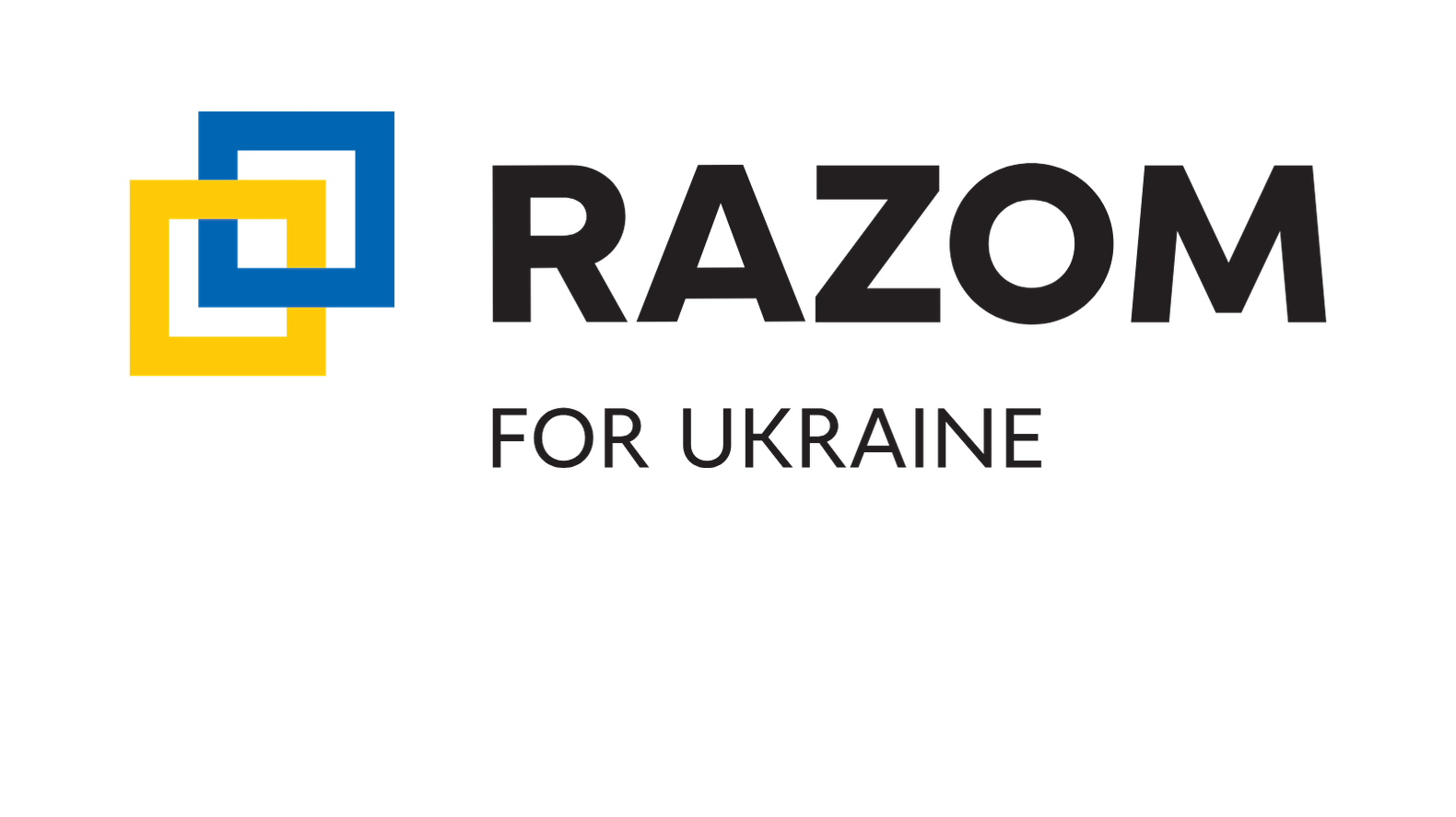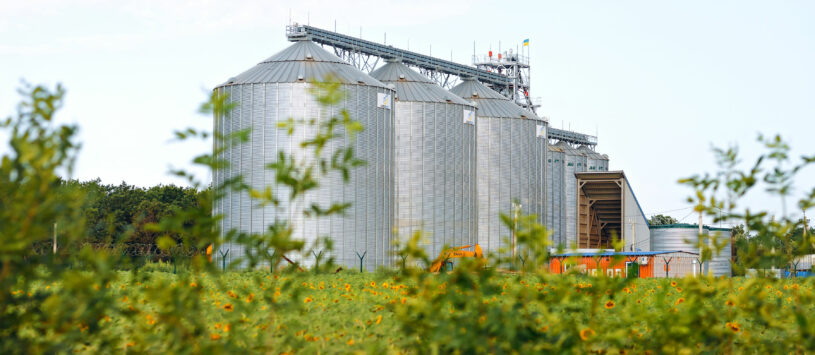Every year in late November, Ukrainians around the world light candles in their windows to honor the millions of lives lost during the Holodomor – the man-made famine engineered by the Soviet regime in 1932–1933. It was not a natural disaster but a weapon of extermination, designed to break a nation by starving its people and erasing its farmers.
For Ukrainians, food has never been merely sustenance – it is memory, dignity, and defiance. And today, nearly a century later, the aggressor’s tactics have evolved but not changed.
Since the start of Russia’s full-scale invasion, grain silos have been bombed, fields mined and burned, ports blockaded, and farmers targeted. Once again, food is used as a weapon – this time to undermine Ukraine’s economy, global food supply, and the will of ordinary people to stay and rebuild.
But Ukraine fights back not only on the battlefield. Every garden planted, every greenhouse restored, every seed sown is an act of resistance. Through its grantmaking and partnership network, Razom for Ukraine supports those who refuse to let destruction define their future. One such partner is the CF Free Borsht Initiative, whose project “Earn on the Farm” helps displaced Ukrainians and local residents regain both food security and livelihoods.
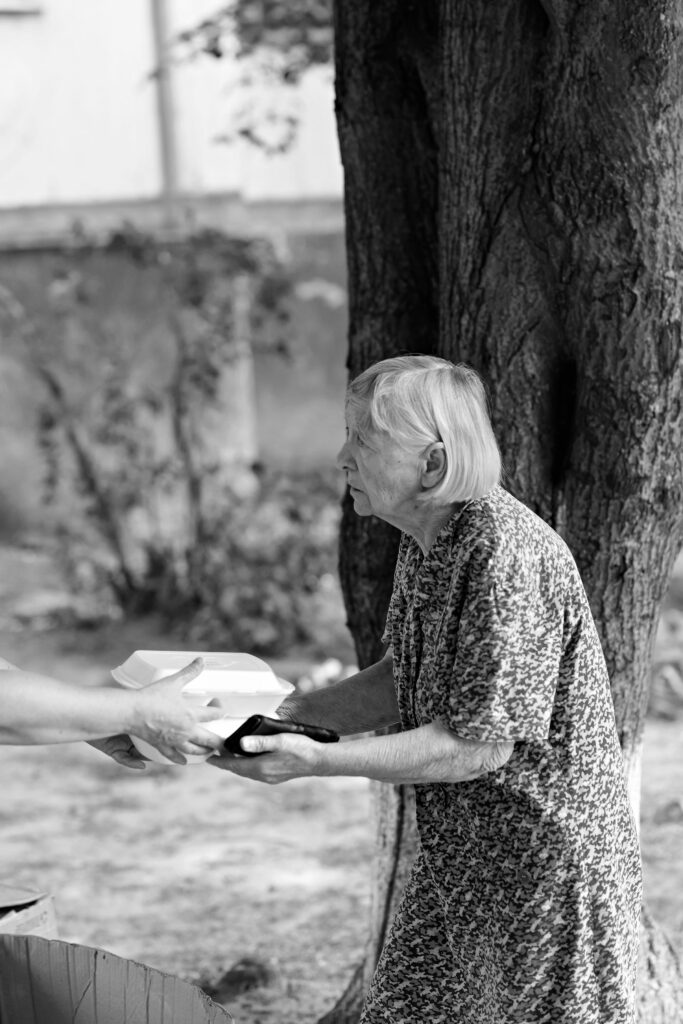
Growing Hope Amid War
With Razom’s $30,000 grant under the Razom Jobs program, Free Borsch launched an intensive training initiative across Odesa, Mykolaiv, and Vinnytsia oblasts, aimed at helping internally displaced persons (IDPs) and locals start small-scale farming.
Participants – many of whom fled occupied or frontline regions – joined online and in-person sessions to learn everything from vegetable and berry cultivation to hydroponics, marketing, and risk management. Despite constant air raids and disruptions, the results far exceeded expectations.
By the end of the program, over 400 people became direct beneficiaries, including 147 individuals who completed the full course and more than 260 family members they brought into the work. Many of those graduates, in turn, shared what they learned with neighbors and peers, bringing the total reach of the project to more than 600 people across three regions of Ukraine. Even more inspiring, 59 participants have already launched micro-farms or new agribusiness ventures – real families creating real income and food stability in communities under threat.
“We made our course simple, practical, and human,” says Oleksandr Pavlovskyi, director of Free Borsch. “For many displaced families, farming became a way to feed their children, to heal from trauma, and to feel in control of their future again.”
Stories from the Field
Viktoria Kryvonos, 45, fled the destroyed city of Lyman in Donetsk region with her husband. In Poltava oblast, they started from scratch – just two pairs of hands and 1.5 hectares of rented land.
“Thanks to the ‘Earn on the Farm’ program,” Viktoria says, “we learned about greenhouse cultivation. We built a small greenhouse, planted cucumbers, and sold our first harvest for a good price.”
That “small” greenhouse of 60 square meters produced 460 kilograms of cucumbers, earning the couple over 23,000 hryvnias and giving them confidence to expand next year.
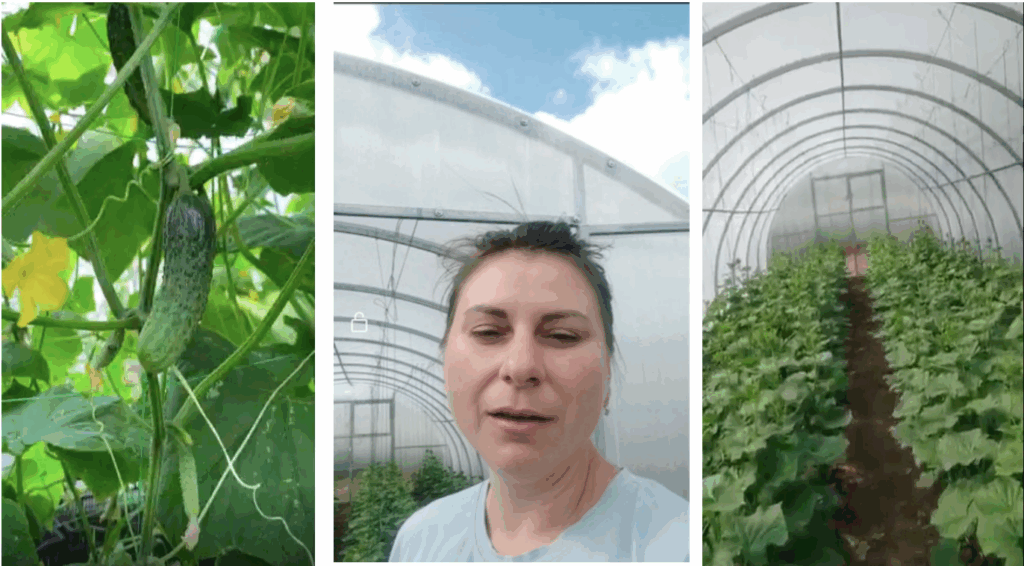
Anzhelina Andrusenko, 43, was displaced from the flooded, occupied city of Oleshky in Kherson region. Settling with her family in Lviv oblast, she too started over – this time under a plastic greenhouse roof.
“We built a tiny greenhouse, set up drip irrigation, and grew our first cucumbers,” she says. That first crop yielded 800 kilograms, generating more than 36,000 hryvnias – their first income in exile. “Now I know this is our future,” Anzhelina adds. “We can stand on our own feet again.”
In the Mykolaiv region, where air raid sirens punctuate every workday, Tetiana Buhlakova, 46, found solace and purpose in cultivating beauty.
“I learned how to propagate chrysanthemums,” she explains. “Every single cutting took root!”
She grew 200 chrysanthemum bushes for sale, plus 500 strawberry seedlings, turning knowledge into income and pride:
“This course didn’t just teach me farming – it reminded me that I can create life even when everything around feels uncertain.”
One of the program’s most inspiring community leaders is Oksana Marton, who turned her small family plot in Kharkiv Oblast into a flourishing chrysanthemum garden. What began as a simple effort to restore beauty after months of occupation has grown into a shared space where neighbors gather, talk, breathe, and remember what peace feels like.
For Oksana, these flowers are more than decoration — they are protection.
“We’re not just tending to plants,” she says. “We’re taking care of the mental health of the people in our village. The garden gives them something living to hold on to.”
Her chrysanthemums have become a symbol of quiet resilience: a reminder that even in places scarred by war, communities can nurture hope one blossom at a time.
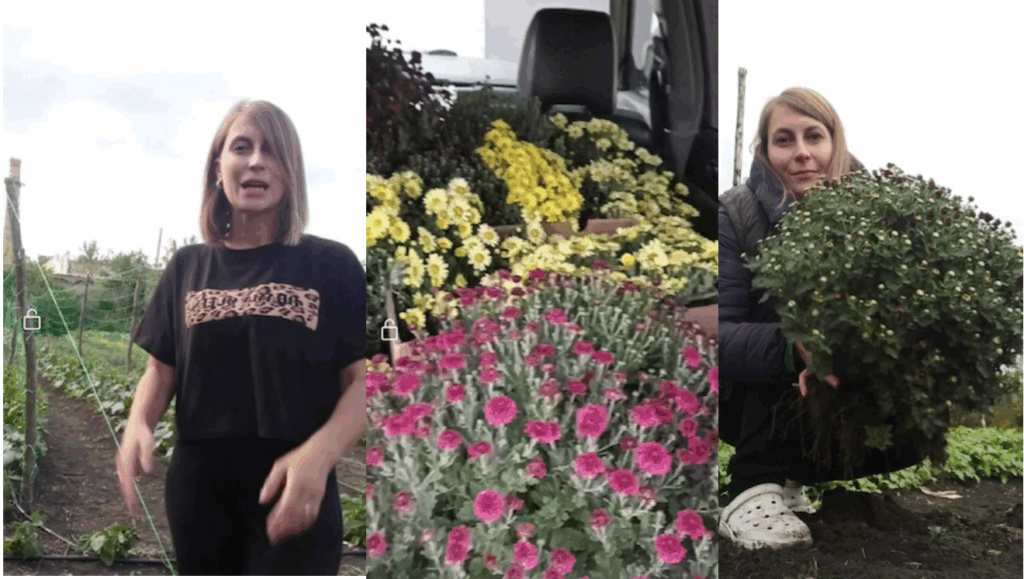
And in the frontline-adjacent Chernihiv region, 32-year-old Mykola Sylenko built a 160 m² greenhouse and harvested 1.2 tons of early cucumbers despite constant shelling.
“The biggest lesson I learned,” he says, “is that you must think ahead. Problems come fast in farming – and in war – but when you plan, you overcome. I’ve already made my first sales. It’s a successful start.”
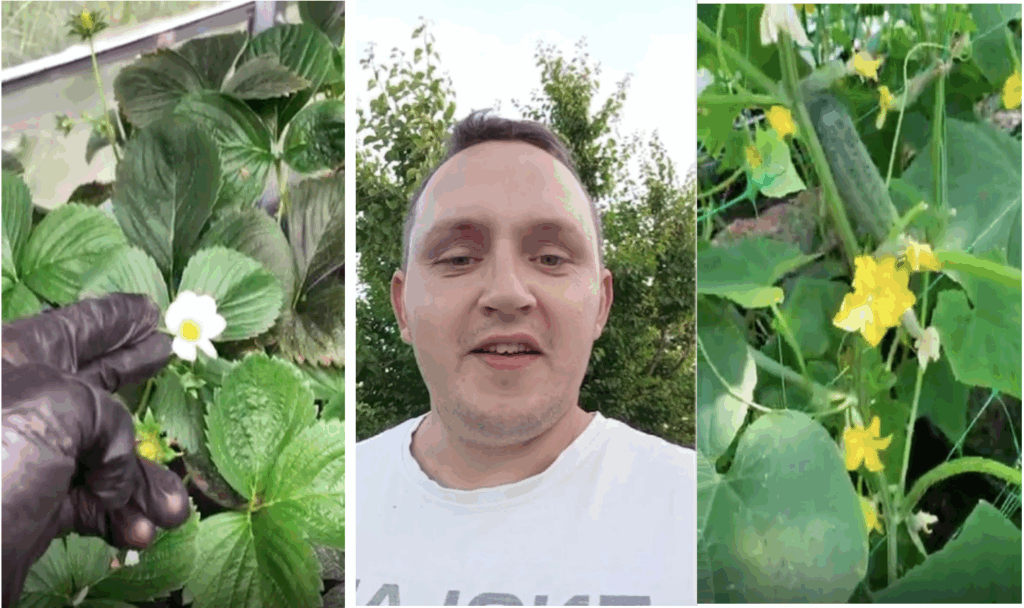
Cultivating Livability
Food security in wartime is about far more than calories. It is about stability, dignity, and belonging. Every greenhouse erected and every seed sown says: We are still here. We will live.
Through projects like Free Borsch, Razom is rebuilding Ukraine’s capacity to feed itself – empowering individuals to turn soil into sustenance and knowledge into livelihood. This is part of Razom’s broader commitment to ensuring livability in Ukraine: a future where people can stay, rebuild, and thrive despite the war’s cruelty.
At a time when Russia seeks to make Ukraine unlivable, Razom and its partners are working to ensure that communities across the country not only survive but flourish – through education, healthcare, entrepreneurship, and opportunity. Supporting projects like Free Borsch is one of the many ways we help sow the seeds of that livable future.
Together, We Grow
From the Holodomor’s silent fields to today’s shelled farmland, Ukrainians have learned that food can be both a weapon and salvation. By helping families grow their own harvests, Razom transforms survival into strength – and despair into resilience.
As we remember the victims of the Holodomor, we honor them best by ensuring that no Ukrainian ever faces hunger or hopelessness again. Join us in making Ukraine more secure, more resilient, and more livable. Together, we plant the future.
